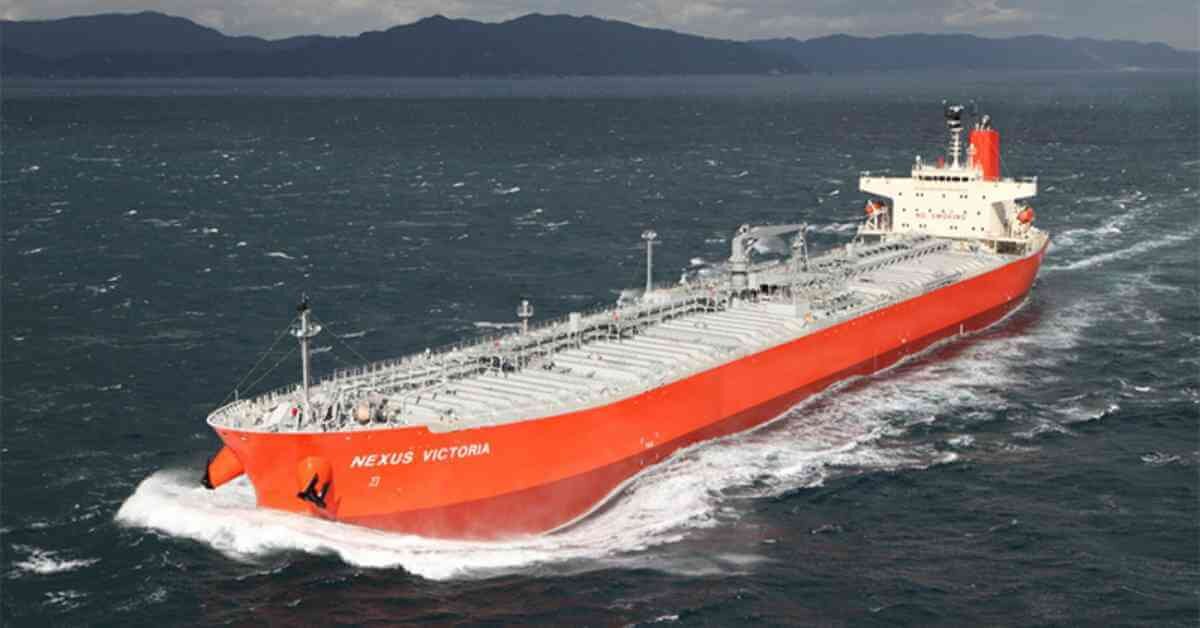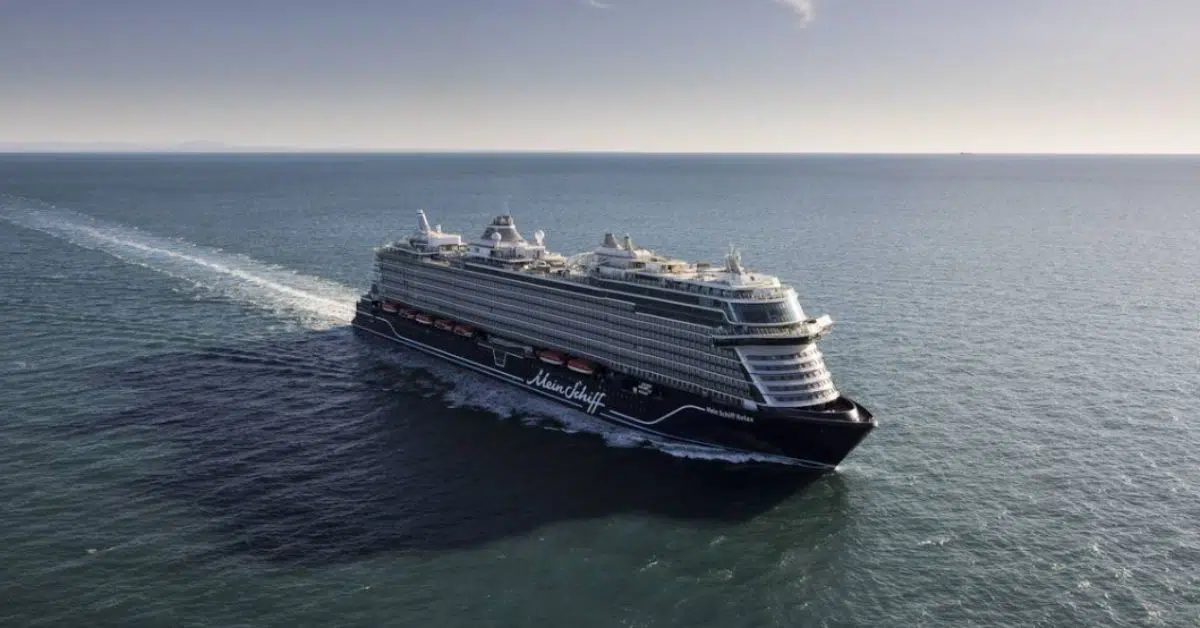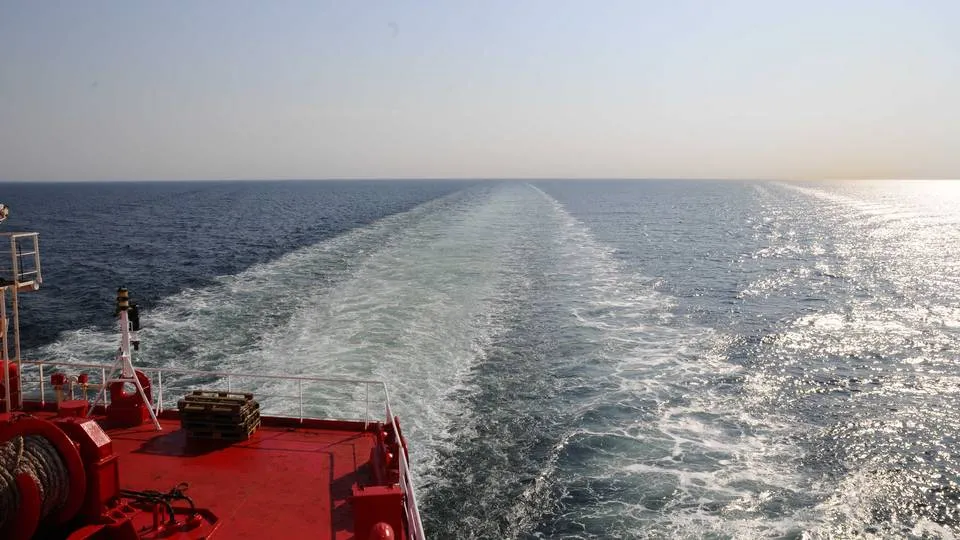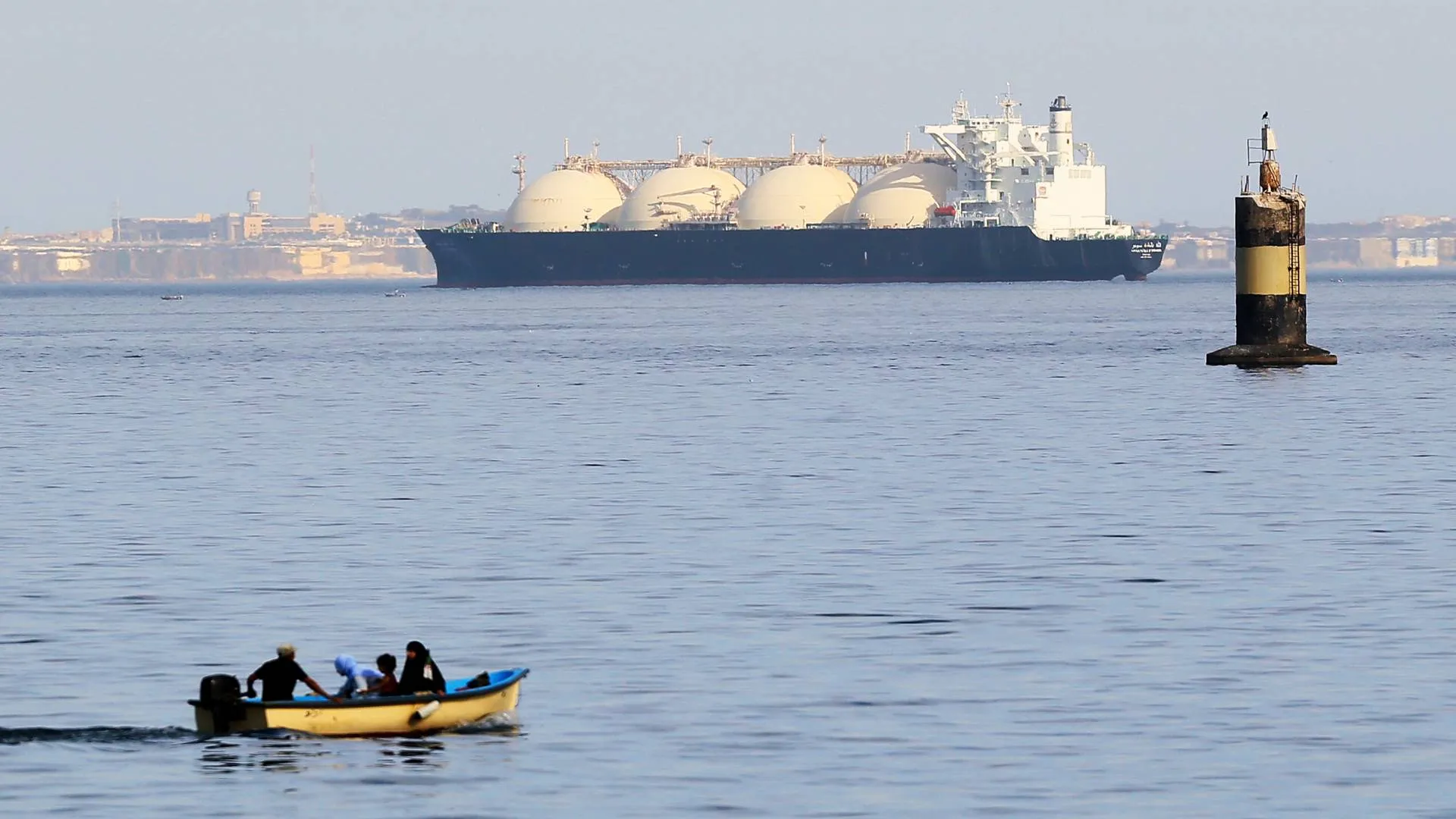A bombshell from Qatar in international shipping, as Doha announced a suspension of maritime passages in its waters due to GPS malfunctions.
In a “bombshell” move, Doha ordered a halt to commercial shipping sailing in Qatari waters, with the Ministry of Transport citing a “technical error in the GPS” that has disrupted maritime activities.
This decision comes amid a regional increase in GPS signal interference incidents. Windward reports that hundreds of ships face daily interference in the Persian Gulf and the Strait of Hormuz, with some vessels transmitting completely incorrect positions via AIS, often showing they are located inland!
For tankers and LNG carriers calling at Qatar’s export terminals, the impact is particularly significant. QatarEnergy has already suspended night navigation in its channels, with passages stopping from 18:00 to 05:00, highlighting the existing safety concerns associated with GPS signal interference.
In July 2024, the support office of Marlink, specialized in satellite communications, typically received one call every two weeks from customers reporting their GPS was unavailable. By mid-July 2025, it received separate reports from more than 150 ships in a single day.
Sailing a ship in such busy areas, with shallow waters, oil drilling platforms, reefs, etc., is one of the most dangerous things and pushes captains and crews to their limits.
We have reported many times that sailing without a GPS signal is very difficult in the era we are in.
A characteristic example is the accidents that occurred a short while ago, when two tankers collided south of the Strait of Hormuz following GPS signal interference, while the 7,000 teu container ship MSC Antonia ran aground off Jeddah in May as a result of GPS spoofing, with the ship subsequently appearing on various vessel tracking services as berthed in the desert on another continent.
This move by Qatar serves to remind us that the disruption in the Persian Gulf and surrounding areas remains critical and particularly dangerous for shipping.
Captains and bridge officers are called upon to exercise particular caution and be constantly vigilant, always keeping in mind that at any time they may not have a GPS signal, or even worse, the signal they receive may be false, showing them in a different location from where they actually are.




